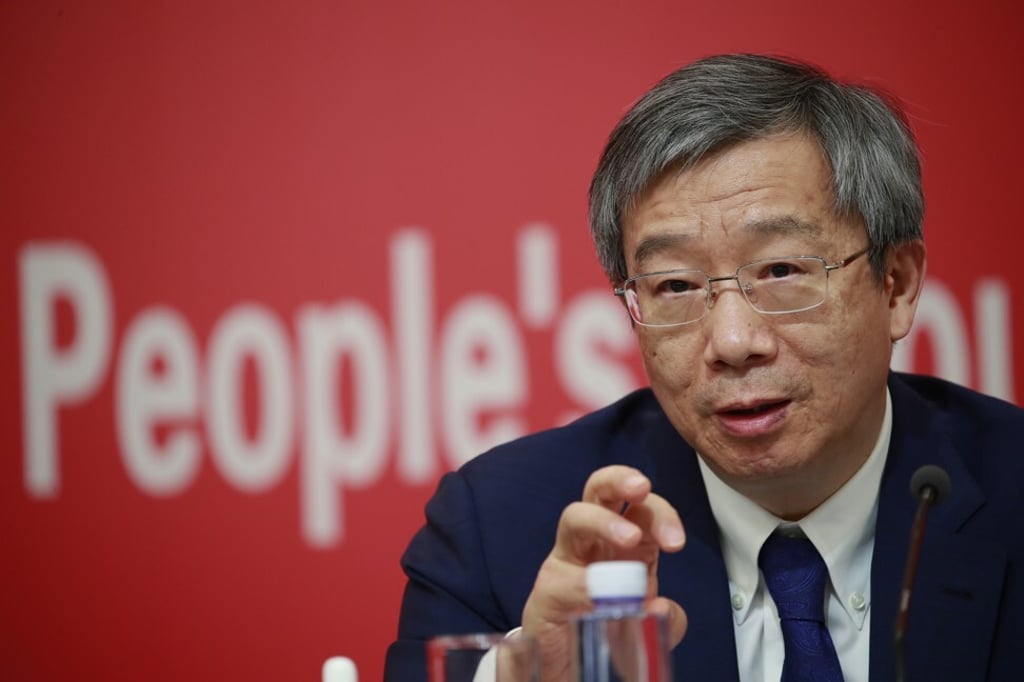Advertisement
What will China’s central bank digital currency mean for Alipay and WeChat Pay?
- As Alipay’s operator Ant Group prepares to list in Hong Kong and Shanghai, we look at the potential risk to its payments platform posed by China’s embryonic sovereign digital currency
- Alipay’s patents show it is preparing to work with a central bank digital currency
Reading Time:7 minutes
Why you can trust SCMP
7

China’s e-payments ecosystem is set to step up a level of sophistication as the coronavirus pandemic and deteriorating US-China relations hasten Beijing’s plans for a digital fiat currency; potentially complicating a landscape dominated by Alipay and WeChat Pay.
The central bank’s e-yuan, called Digital Currency Electronic Payment (DC/EP), would let citizens pay for goods with e-wallets, replacing banknotes and coins and accelerating the dash by the world’s second-largest economy towards a cashless society.
“The timetable has been sped up by the coronavirus and the realpolitik of US-China relations,” said former IBM executive Richard Turrin, who is writing a book on China’s digital currency.
Advertisement
China already boasts more electronic mobile payments than anywhere else, with 711 million monthly active users on Ant Group’s Alipay and about 800 million on Tencent Holdings’ WeChat Pay service in a US$49 trillion market, almost 500 times bigger than in the United States. Yi Gang, the People’s Bank of China governor, wants to hasten the digital transformation of the country’s currency and economy, taking his cue from how the private sector uses real-time data from transactions to guide their growth. Having its own digital currency would allow China to become the world’s first major country capable of monitoring economic activity in real-time.

Advertisement
For now, the central bank is keeping the details of its digital currency tightly under wraps, and the PBOC did not respond to faxed questions sent more than a week ago to its Beijing office.
The PBOC’s preparations come as Ant Group, an affiliate of this newspaper’s owner Alibaba Group Holding, plans to raise about US$30 billion in Hong Kong and Shanghai, in what could become the largest initial public offering in history.
Advertisement
Select Voice
Select Speed
1.00x